Top 10 Emerging Trucking Technology Trends in India 2024
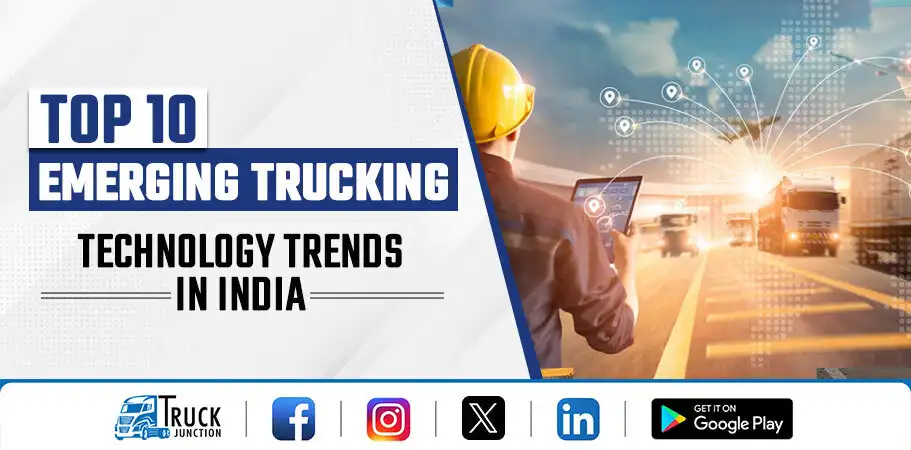
The trucking industry in India is experiencing a significant change, generally driven by new truck technology. These advancements not only upgrade efficiency & cost-effectiveness but also address environmental concerns as well as driver & vehicle safety & security.
In this developing landscape, technological advancements in trucking invoice management have emerged as a game-changer. The adoption of digital systems, empowered by artificial intelligence and blockchain, has smoothed out invoicing processes. This guarantees accurate payments, reducing errors and bolstering income in an industry where timely transactions are paramount.
The trucking industry, once reliant on traditional methods, is now leveraging cutting-edge technology like cloud computing to transform its operations. This evolution is not limited to a few trends but encompasses a spectrum of innovations. This truck technology is shaping a more efficient, safer, and environmentally friendly future truck technology in India.
This research provides you with the top 10 trucking technology trends, ranging from last-mile delivery & on-demand trucking to green trucking & shared freight.
Top 10 Trucking Technology Trends 2024
1. Shared Freight
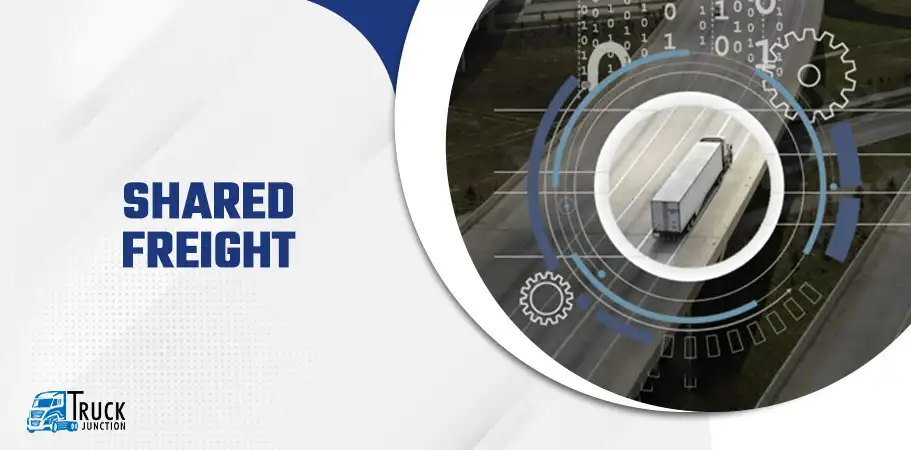
Shared freight is a game-changer. It involves combining shipments from multiple companies into a single truck, like the Tata Intra V50, Tata Ace Gold Cng Plus and Tata Yodha 1700 . By sharing space, routes, and warehousing, this practice significantly slashes transportation costs, boosts efficiency, and reduces the risk of damage to goods.
Further, Technology truck-driven solutions like shared truckload (STL) services and port-centric logistics are streamlining cargo distribution, especially from seaports to inland locations.
2. Trucking Analytics
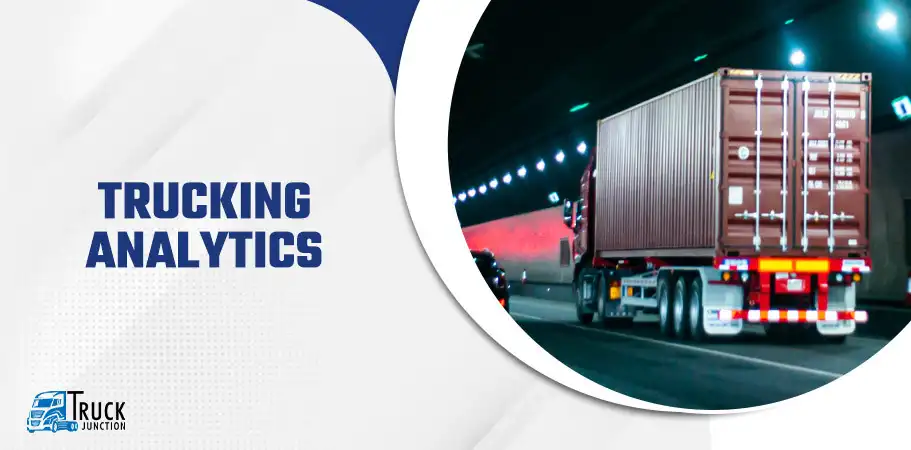
Efficient route planning, optimal load distribution, and predictive maintenance are pivotal for the trucking industry. Trucking analytics is the key. Using advanced technologies like AI, machine learning, and cloud computing, analytics tools help in route optimization, driver behaviour analysis, & capacity utilization. This data-driven approach aids in cost reduction, improved safety, and better decision-making for trucking operations.
3. Green Trucking
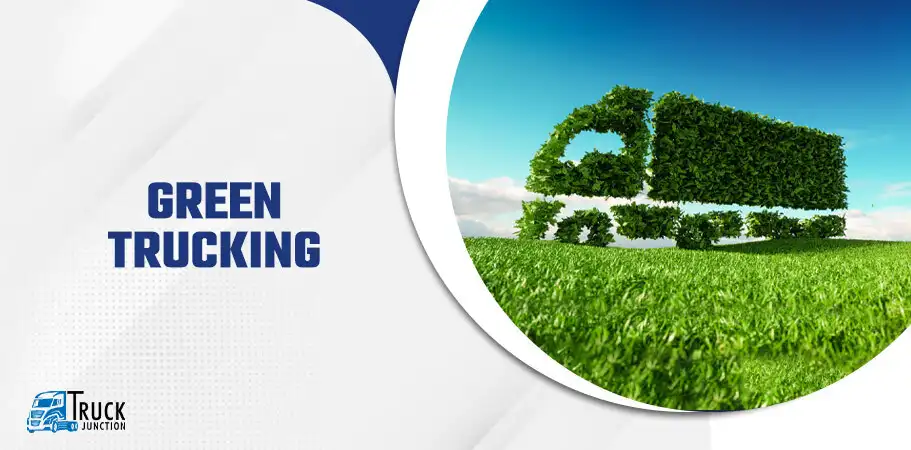
Trucking contributes significantly to greenhouse gas emissions and resource consumption. Enter ‘green trucking.’ This trend in the trucking industry, like Mahindra Treo, Mahindra E-Alfa Mini, Tata Magic EV focuses on reducing the environmental impact by adopting alternative fuels like electricity and hybrids. It’s a move toward cleaner, sustainable transportation, slashing emissions, noise pollution, and fuel expenses.
Moreover, the use of innovative technologies such as battery systems, hydrogen fuel cells, and smart logistics software is propelling this eco-friendly shift.
4. Trucking Invoice Management
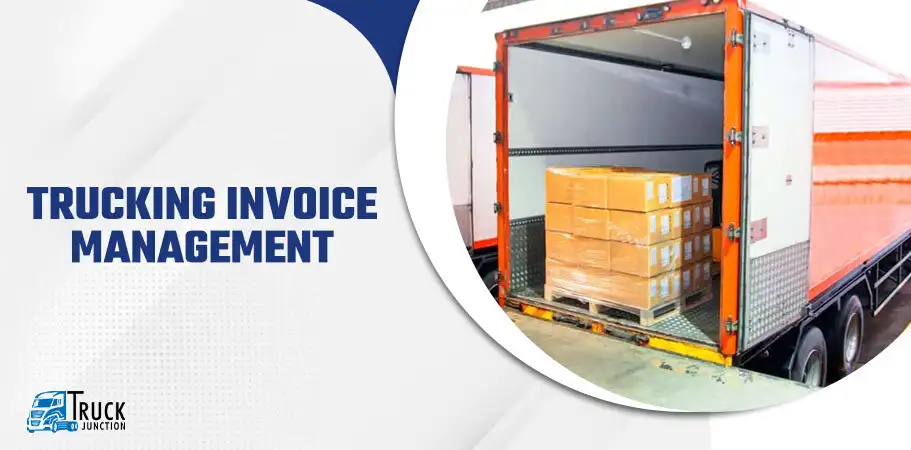
Traditional paper-based invoicing systems are slow and prone to errors. Enter digital invoice management systems. These tools automate invoicing processes, ensuring timely and accurate payments. Leveraging AI and blockchain, they streamline the entire invoicing cycle, from automation to auditing, compliance, and digital payments.
In today’s competitive market, having an efficient invoicing system is not just beneficial but essential for trucking companies.
5. Autonomous Trucks
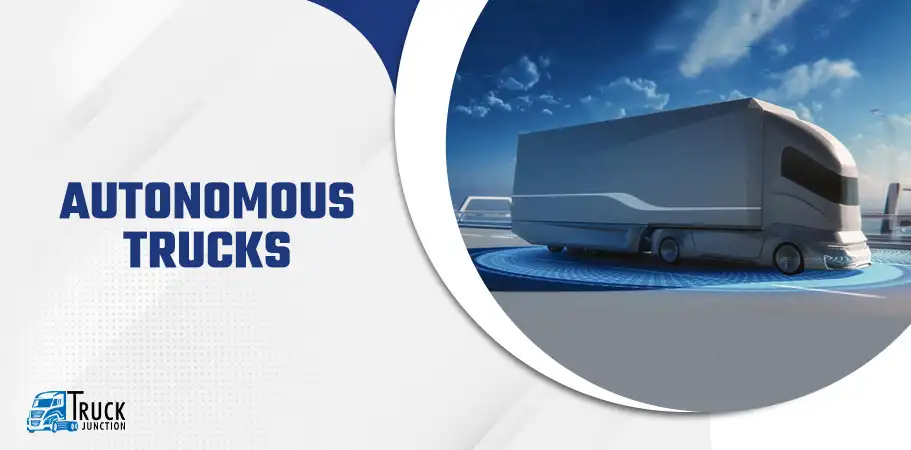
The fate of shipping might lie in autonomous trucks. These self-driving vehicles work without human intervention, utilizing sensors, cameras, radar, and artificial intelligence to explore streets and stay away from obstructions.
Further, testing and improvement of autonomous truck technology solutions are ongoing, aiming to tackle issues like driver shortages and safety concerns. As these advances develop, they’ll coordinate more with IoT and achieve administrative changes.
6. Fleet Management
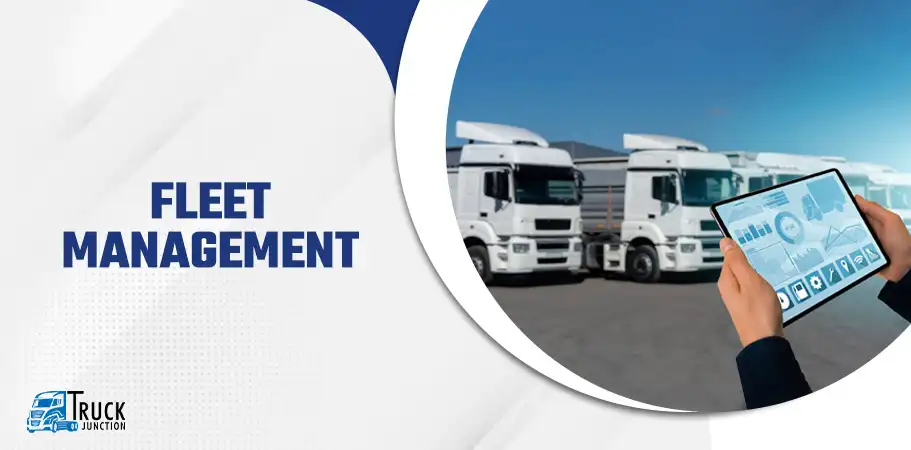
Maximizing truck efficiency and ensuring visibility into fleet operations are core challenges. Fleet management solutions use vehicle tracking and telematics to monitor trucks in real-time, keeping tabs on location, speed, and condition. Additionally, trucks like the Mahindra Blazo X 35 manage driver safety, compliance with regulations, and fuel efficiency strategies like route optimization and fuel-efficient driving. Startups are leveraging AI trucking technology and cloud computing to develop reliable fleet management solutions.
7. Last Mile Transportation
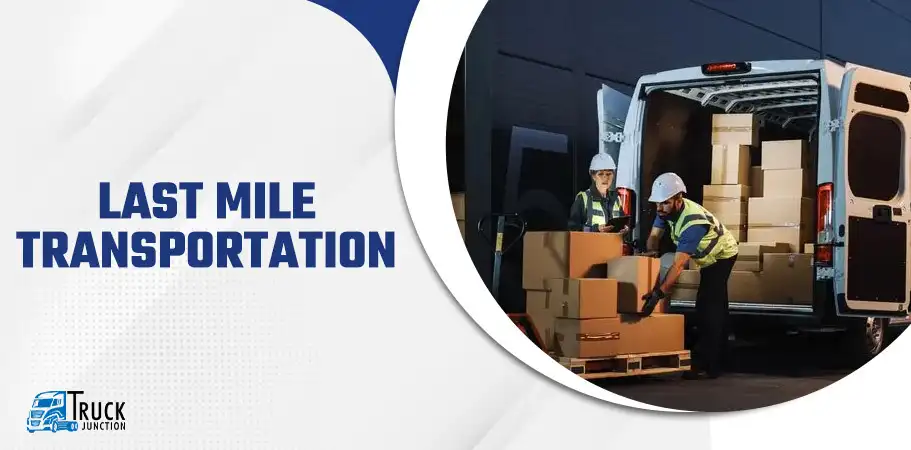
The final stretch of delivery poses unique challenges. Technologies like real-time tracking and crowdsourced delivery are stepping in to ensure smoother last-mile transportation.
By outsourcing the last leg of delivery to local drivers and enabling real-time tracking and communication between drivers and customers. This Mahindra Furio 7 truck trend aims to enhance delivery efficiency and customer satisfaction.
8. Robotization
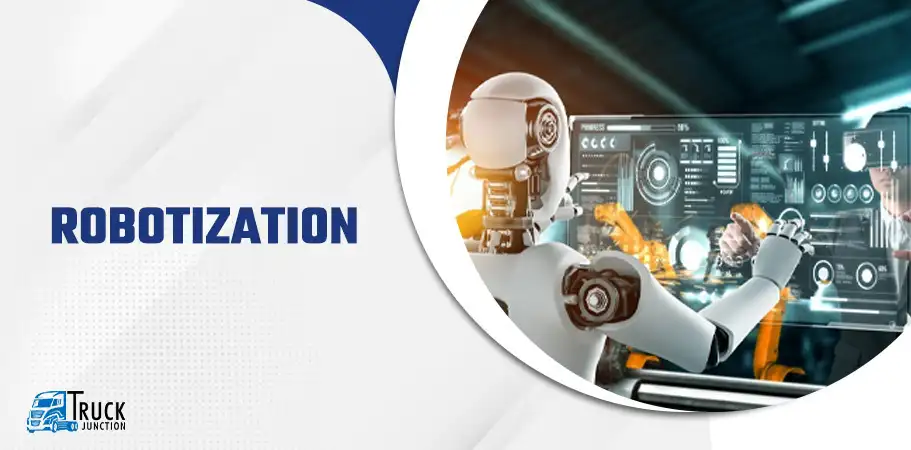
Robotization is streamlining trucking operations. Automated systems handle loading and unloading tasks, reducing labour and time. Automated guided vehicles (AGVs) navigate warehouses without human involvement, while robotic process automation (RPA) simplifies administrative tasks, making operations more efficient. Startups are employing AI, machine learning, and sensors to create these robotic solutions.
9. On-Demand Trucking
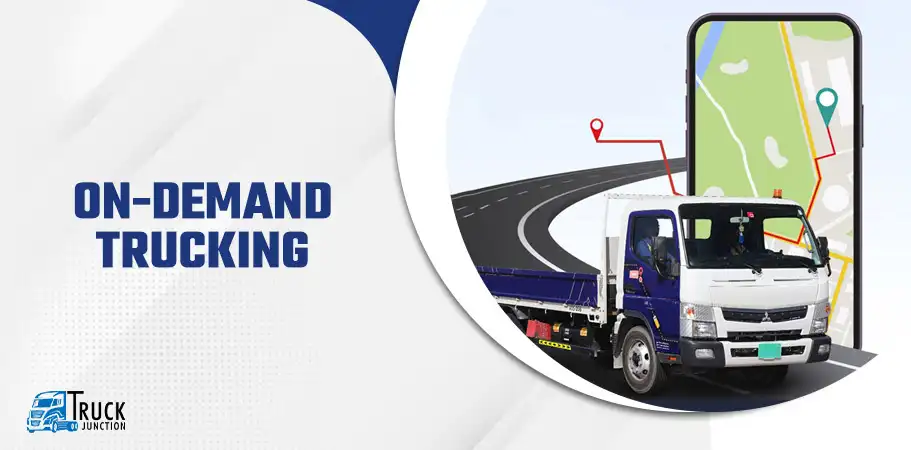
Empty or underloaded trucks on return trips are costly and contribute to emissions. On-demand trucking platforms solve this issue by providing instant quotes, real-time visibility, and flexible capacity options. Using cloud computing and AI, these platforms reduce operational costs for shippers and offer better load planning for carriers.
10. Sensors
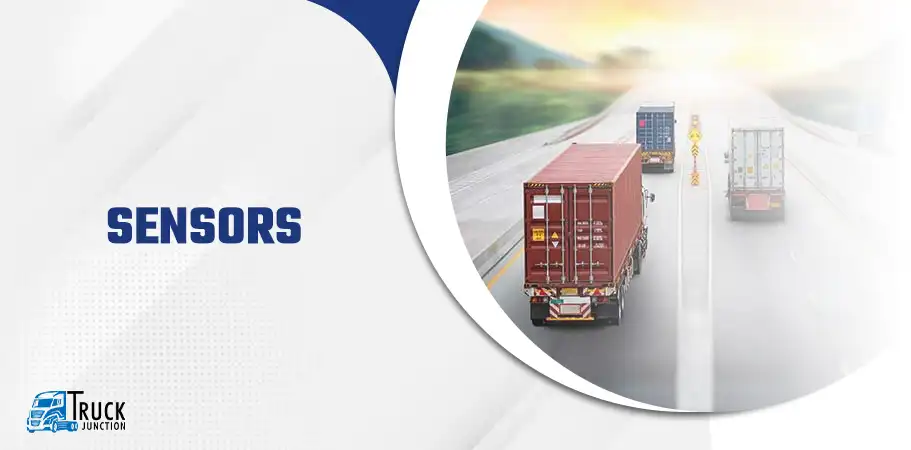
Sensors play a critical role in ensuring truck safety, preventing breakdowns, and securing cargo. Tire pressure monitoring systems, temperature sensors, and weight sensors are among the crucial technologies employed.
These sensors, powered by cloud computing and predictive analytics, monitor various aspects of trucks, ensuring safety, efficiency, and compliance.
In Conclusion
The trucking industry’s technological evolution extends beyond these 10 trends. Truck system technologies like 3D printing, AR, and blockchain are also making waves. Collectively, these technologies promise a more efficient, safer, and eco-friendly future for trucking.
Staying ahead in this evolving landscape means being open to adopting emerging technologies. Adapting to these trends can offer trucking businesses a competitive edge in an industry that’s undergoing rapid transformation driven by technological advancements.
Related Blog –
Top 5 Maintenance Tips for Diesel Truck



